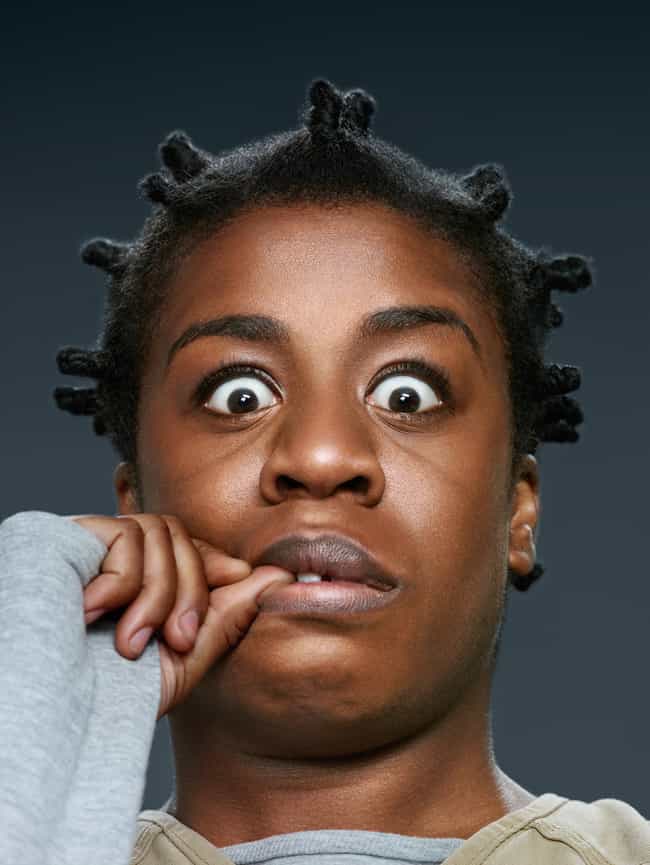April is sexual assault awareness month
and I could not allow the month to end without weighing in on the trial of Bill
Cosby. Since the unveiling of the Cosby verdict, I've read and heard some of
the most disturbing arguments attempting to defend Cosby. The verdict has been
described as racist with some posts adding the conviction to a long list
historic injustice experienced by African American men within the criminal
justice system. One of my friends, who’ll probably no longer be after this
post, compared the alleged assault and verdict to the injustice illustrated through
the horrific beating and death of Emmett Till following the now admitted lies told by
Carolyn Bryant. No doubt these arguments are weak, misguided, and uninformed
attempts to polarize the issue as race related, deflecting from the true
issue.
These arguments are made at the
expense of women, all women. Our society and culture has a long standing
history of objectifying and oppressing its women. Additionally, long standing
practices, perceptions, and beliefs within our American culture has further
enticed men to seek fame, fortune, privilege, and unlimited access to women. The
verdict should encourage us all to experience the truth of many women’s lived
experience, sexual assault still occurs and there are still silent survivors yearning
to find their voice.
Regardless of the cause, if an
assault occurred it is wrong morally and should be socially and culturally.
I've worked with many survivors of sexual assault, sitting through rape
examinations, listening to them recount their lived experience in courtrooms, and
attempting to heal invisible wounds as a therapist. To deny any individual
woman or man, the right to choose, is a violation of basic human rights. Even
more so for women whose worth, as defined by society, is associated with the
number of sexual miles she has as if she is a depreciating asset driven for
pleasure. Women, whose reproductive health is also placed at risk from trauma associated
with sexual assault.
The allegations and verdict in the Cosby trial should concern you.
Nationally, one in six women experience a sexual assault in her lifetime and
for at least one woman, 14 years ago, this was her truth. We should seek to
change any cultural practices, beliefs, or structures that allow for the sexual assault,
of any person, to occur.

